Recreational vehicles (RVs) embody the spirit of adventure and freedom, serving as a home away from home on the open road. Key to enjoying the modern comforts of home while traveling in an RV is staying connected—be it for entertainment, information, or in case of emergencies. A reliable RV antenna is fundamental to ensuring you remain connected no matter where your travels take you. However, with a wide range of options available, picking the right antenna can be as challenging as navigating a winding mountain pass.
This comprehensive guide will lead you through the essential steps and considerations in choosing the perfect RV antenna, blending practical advice with technical expertise.
Introduction
The importance of selecting the appropriate RV antenna cannot be overstated. Whether you're looking to catch the evening news, ensure constant access to weather updates, or simply unwind with your favorite TV shows, the right RV antenna makes all the difference. It promises enhanced signal reception, optimal performance, and minimal hassle—a true make-or-break aspect of your RV experience.
Step 1: Determine Your Needs
Understanding what you need from an RV antenna is the first step in finding the right one. Begin by identifying the primary use of your antenna. Is it strictly for television broadcasts, or do you also want to enhance your radio reception?
Consider the signal strength and range necessary for your travels. If you often find yourself camping in remote locations, you may need an antenna with a robust reception capability. Conversely, when spending time in or near cities, your needs could be quite different. Additionally, consider the frequencies you'll need to access. For instance, VHF bands are required for some channels, whereas UHF bands cater to others.
Step 2: Research Different Types of RV Antennas
Antennas come in multiple types, primarily categorized as omni-directional and directional. Omni-directional antennas, as the name suggests, can receive signals from all directions and are a suitable choice if you travel extensively and don't want the hassle of adjusting your antenna regularly. However, they may not be as powerful as directional antennas, which can be pointed toward a specific signal source for a stronger connection but require manual adjustment to “aim” at the desired broadcast tower.
Understanding the difference between these two types is crucial, as the choice can significantly impact your viewing or listening experience.
Step 3: Consider Installation Options
Deciding whether to opt for a roof-mounted or portable antenna is another critical decision. A roof-mounted antenna can offer better reception as it is typically placed higher up, but be sure it's built to withstand the rigors of travel. Portable antennas offer more flexibility, as they can be set up as needed and aren't as susceptible to theft since they aren't permanently attached to the RV.
Installation space and budget are key factors here. Roof-mounted options may require drilling into your RV, leading to a more complex installation process. Portable antennas can be less costly both in terms of the unit price and the installation.
Step 4: Research Brands and Models
Once you've determined your needs and the type of antenna you are interested in, it's time to dive into brands and models while paying close attention to technical specifications.
Gain: This is a measure of the antenna's ability to receive signals. Higher gain antennas are typically more powerful, having better reach and the capacity to pick up weaker signals.
Frequency: As mentioned earlier, you'll need to choose an antenna that receives the right frequency for the channels you want.
Build Quality: Noise reduction, weather resistance, and material durability matter greatly. Your antenna will be exposed to various weather conditions; thus, quality construction is paramount.
Power Source: Some antennas are amplified (require an external power source) and can boost signal strength. Others are passive and rely solely on their structure and orientation to receive signals.
Installation: Decide if you are comfortable with a DIY installation or if you will need professional help. Choosing an antenna that's within your technical skill level for installation will save time and money. Also, be sure to check whether the antenna comes with all necessary mounting hardware.
In terms of brands, do research on customer reviews and the reputation of companies specializing in RV antennas. Organizations like Winegard, King, and Antop have products that are consistently ranked well by the RV community. Prioritizing key features such as ease of use, signal meter technology, and built-in amplifiers can enhance your experience.
Step 5: Compare Prices and Warranty
Once you have a shortlist of possible antennas, compare their prices. Don't just go for the cheapest option; instead, look for the best value for money. Paying a little more upfront for a higher quality antenna can save you frustration and additional expenses down the line.
Regarding warranties — a longer and more comprehensive warranty can be indicative of a better-quality product. This provides assurance that the manufacturer stands behind their product. Also, consider customer support. Access to helpful and responsive support can be a lifeline if you encounter any issues with your antenna.
Step 6: Make an Informed Decision
At this stage, you should have all the information needed to make an informed decision. Weigh the pros and cons of each option, from price and specifications to installation complexity and warranty coverage. Consider not only immediate costs but also long-term benefits like durability, manufacturer support, and potential future needs that could alter your requirements.
Ultimately, the best RV antenna for you is the one that matches your specific needs, preferences, and lifestyle the most closely.
Conclusion
Choosing the right RV antenna involves a combination of understanding your needs, researching the available options, comparing features and costs, and making an informed decision. By following this guide, you’ll not only select an antenna that suits your RV lifestyle but also ensure a seamless connection to the world, even when you're on the move.
Planning and informed selection are your best allies for a successful RV antenna purchase. Happy travels, and may you always find the perfect signal to match your adventurous spirit!

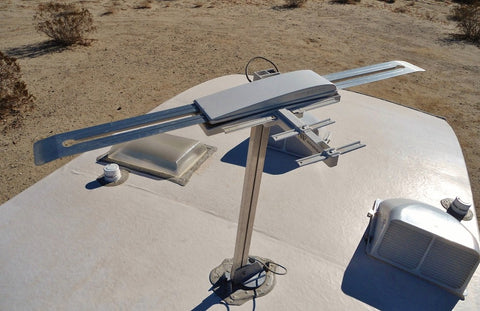
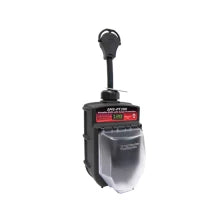

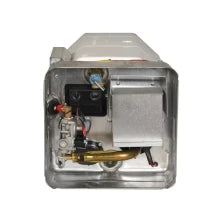
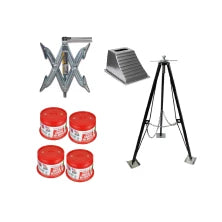
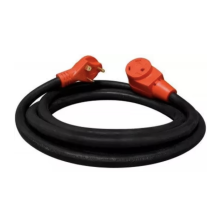
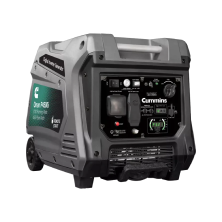
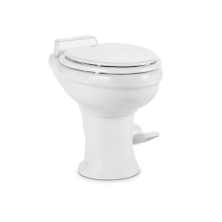
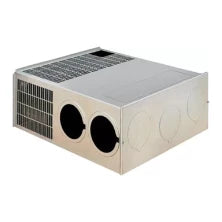


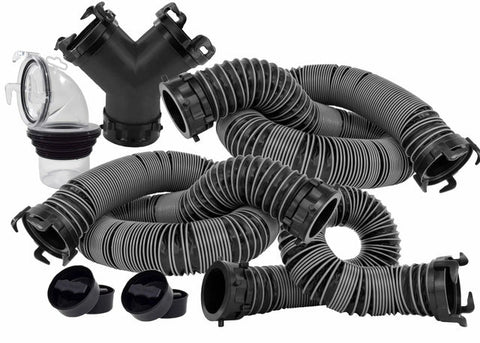



Comments (0)
There are no comments for this article. Be the first one to leave a message!